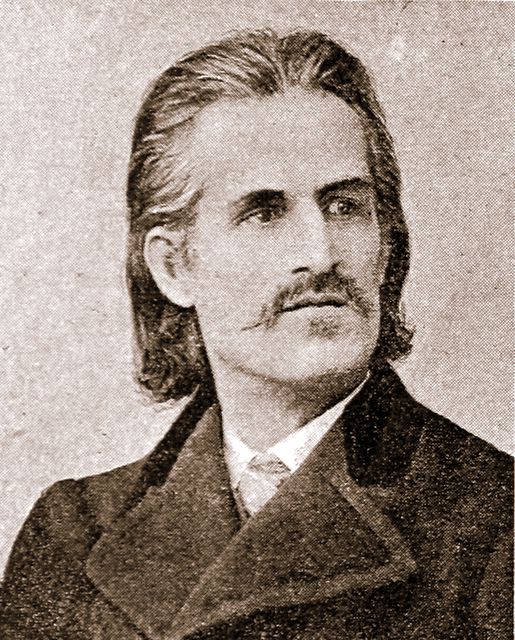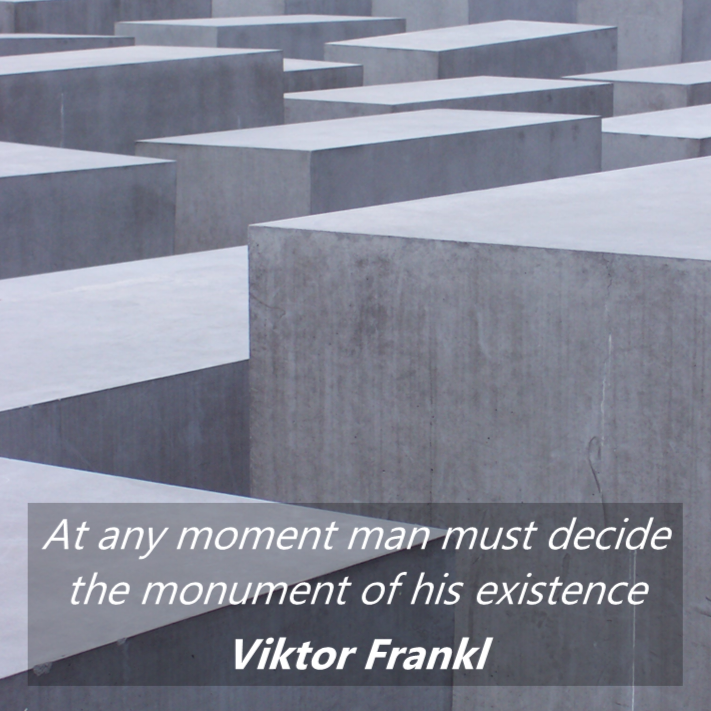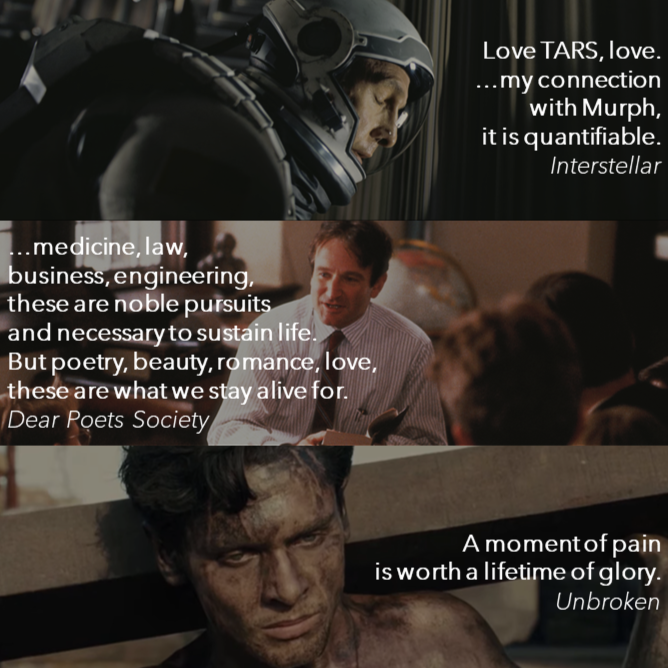Part 2 – Viktor Frankl’s Logotherapy for Humanity

“Was du erlebst, kann dir kein Gott mehr rauben.”
(No god can rob you of what you experience.)
Robert Hamerling
Answers from Logotherapy
In the Part 1 of the post, we tried to touch some ideas like – “three schools of psychology”, Freudian “will to pleasure”, Adlerian “will to power”, Viktor Frankl’s “will to meaning” as in Logotherapy, “existential vacuum”, “Noö-dynamics”, “determinism according to Logotherapy”, “Freedom according to Logotherapy” and “the responsibility that comes with the freedom”
In summary, Viktor Frankl a holocaust survivor, psychiatrist by profession witnessed and experienced the extremes of the human psyche leading to the creation of the concrete foundations of Logotherapy. According to logotherapy, it is the meaning, the purpose – which makes a man to survive through any situations in life, especially the worst ones. When there were not chances to become powerful, when there were no means to gain pleasure even then people chose to go through the hardships/ sufferings – they chose life. Not only to survival but even upon the realization of death, people accepted that death in same way one would have accepted the life. They had something inside them which made sense out of the sufferings, pain, life and even death. This “sense” was the purpose they had identified for themselves to serve. This purpose, this meaning to their own life justified the sufferings they endured which created the hope for their survival and justification to the death for the people who accepted it with dignity.
Noö-genic neurosis is that existential blockage rather vacuum where a person’s mind itself is unsettled because it has no justification, no sense, no meaning behind the activities, decisions to live through the life. Upon realization of the real freedom, a person (and not the conditions, the objects around him) can determine his fate even in worst conditions; the person can still have that “optimal behavior”. This realization of freedom is possible because human psyche seeks for the sense of the things, the meaning, the purpose. This freedom also calls for the sense of responsibility because human life practically has limited span, is perishable which brings that urgency to achieve the best possible outcome, the optimal outcome out of the only life one has. Responsibility brings the best out of the freedom one has; without the sense of responsibility, freedom degenerates into arbitrariness, a diffused state where the outcomes of the event have no significant impact. In simple words, freedom with responsibility gives focused and optimal outcomes whereas freedom without responsibility (still) gives results but are diffused as there is no intent to achieve anything.

Why? Why does the life bear “a meaning”, “a purpose”?
Upon understanding what actually lies under the human psyche and the human life (i.e., the purpose, the meaning), it becomes apparent to ask the same existential question – Why does life seek for meaning only as there can be other uncountable possibilities, uncountable factors which drive the psyche, the life, the existence? Why nothing in the world – the universe but meaning only?
Viktor Frankl has excellently given the theoretical and practical proofs for the importance of meaning in a person’s life. Theoretically proof – if a person is always driven by pleasures and power then why there are examples where people chose sacrifice, where people died for their honor, where people stood fearlessly for their morals, where people rose against something really powerful, where people accepted the hardships even when there was no guarantee for them to end? These are not the exceptional cases in a human behavior. Rather when human beings are stretched to their extremes these behaviors are more common. So, unlike the pleasure and power the awareness, the urge to find the meaning is not just a secondary drive of the human life. The urge to the meaning, the purpose will always be present even in the absence of pleasure and power.
Practically Viktor Frankl presents a study to prove his point here. 89% people from a French public opinion poll and 78% of the people in an American students’ statistical survey indicated that people want “something to live for”, “finding a purpose and meaning to the life”.
I think, it is the omnipotent nature of the infinite possibilities which the real freedom grants to every person. Out of those infinite possibilities very few become realized to reality from where the freedom loses its ideal nature. Then the superposition of realized possibilities create the “real” reality which has been brought from chaos, an inconceivable, an un-understandable situation to a familiar, slightly better predictable state. This better predictable, the one “out of which some sense can be made” state is the fundamental state required for the human life to thrive upon. This urgency for predictability, for sense, for meaning, for purpose is solely because of the limited nature of the realization of life we have.
(The word predictability is not used here to imply that man wishes for everything to happen according to his wishes, rather the predictability is used in the sense for how a person will always know how he will react to the events presented to him even when they are not predictable.)
Does that mean that if a person becomes immortal, will the urge for purpose – the will to meaning ceases to exist? That is where responsibility comes into picture which Viktor Frankl has posed while defining freedom’s role in human life. Only with responsibility can the freedom be brought to the realization to possibilities out of the infinite unrealized possibilities.
In single sentence I think, a single realized possibility is more powerful than the infinite unrealized possibilities. The extraction of this power is only possible if the there is freedom with a responsibility. That is why the life exists; it exists to create the realized possibilities out of the infinite unrealized possibilities (which the universe holds or whatever ultimate there is can generate).
How? How one discovers the purpose
The profoundness of Frankl’s logotherapy is not just about the depth of the ideas and the practicality of the experimental results. He also explained how one gains this meaning, which are as follows:
Ways to discover Meaning of Life-
- Creating a work or doing a deed
- By experiencing something or encountering someone
- By the attitude we take toward unavoidable suffering
1. Creating a work or doing a deed
It is very similar to figuring out what you actually love doing and how you can also benefit others (obviously including you) in the process. (Some call it following your passion, answering your inner calling to create something that you and others value)
2. By experiencing something or encountering someone – Power of love
“The second way of finding a meaning in life is by experiencing something – such as goodness, truth and beauty- by experiencing nature and culture or, last but not least, by experiencing another human being in his very uniqueness- by loving him.”
Viktor Frankl
The meaning of Love itself became very “meaningful” to me when I understood what the logotherapy stands for. Before stumbling upon the ideas of Viktor Frankl on “the meaning”- for me love was a selfish idea to gain pleasure, to have that comfort for ourselves. Something which goes like this:
“We never love anyone. What we love is the idea we have of someone. It’s our own concept – our own selves – that we love.”
Fernando Pessoa
Love is very selfish idea if we go by this statement. For me here, Pessoa meant that love emerges from inside, hence it is very “egoic” It gives us pleasure to love someone, to do everything to make them happy which ultimately will make us happy, thereby becoming selfish in the end. But then my perspectives changed. (I haven’t studied and understood the premise and the intentions behind the Pessoa’s comment on love here, which can be reserved for discussion somewhere else.)
Upon going through the ideas on Logotherapy, we become aware that there are examples where lovers (not the romantic ones only) have crossed the limits of life for other people or other things, where (again) pleasure and power were not guaranteed.
Love thus becomes a medium to realize the possibilities of the life experiences. If we are so obsessed to find the meaning of our life, then it equally becomes very meaningful to have someone who understands the same urge for meaning in you too. This love is not just a person-to-person possibility, it can also be for things and experiences.
“Friendship is unnecessary, like philosophy, like art… It has no survival value: rather it is one of those things which give value to survival.”
C S Lewis
This is the reason you will always see why almost all the events, experiences, art forms, philosophies, cultures, religions and whatnot are immediately linked to the concept of love. It’s on a whim where things not making sense are illogically explained by love, it is innate fact in everyone which logotherapy makes apparent.
3. By the attitude we take toward unavoidable suffering
The third way one can realize the worth of life is by going through sufferings. Sufferings stretch a person to his extremes where there are clear boundaries between the existences of life and death. The urgency to make the existence of some worth becomes eminent here. The meaning discovered in such situations pushes the person to bring even the hopeless situations to his benefit by developing an attitude of optimism. The inability to change the situations makes the person change himself to bring the best out of the situation. It the way in which the person finds the meaning to his suffering.
“Suffering ceases to be suffering at the moment it finds a meaning.”
Viktor Frankl
It is also important to understand that if suffering gives the person meaning for the life that also does not mean that everyone has to suffer to find the meaning in his own life. Viktor Frankl was very clear in these terms. Hence, he clarified the earlier two ways to find the meaning in life. The ideas communicated by Viktor Frankl are very similar to the ideas in stoicism which also discusses about focusing on things which you can control.
What? What is life according to the logotherapy?
The logotherapy explains that life is all about the tragedies, in Viktor’s words the tragic triad of three things namely pain, Guilt and Death. Why tragedies are considered to represent life is important here. It is very easy for life to exist when these three things (pain, guilt, death) are not there, but the life still remains existent rather becomes more meaningful in the presence of the same hostile aspects. Logotherapy thus discusses that even in such hostile conditions, one can find the meaning, one can have the “optimal behavior” by following ways in the words of Viktor himself as follows:
- Pain – Turning suffering into a human achievement and accomplishment.
- Guilt – Deriving from guilt the opportunity to change oneself for better.
- Death – deriving from life’s transitoriness an incentive to take responsible action.
1. Pain
Logotherapy made a successful attempt to justify what is the real nature of pleasure and pain. It established a fact that life is not just a set of tragic events of sadness for someone and a series full of happiness for others. Life is about how we as a person create meaning out of our sufferings, even when they are not in control. This is the real victory over those sufferings. Logotherapy actually balanced the concepts of happiness and sadness which both are the inseparable aspects of every life. One of them is always favored (happiness) but the realization of meaning makes the least favorable yet existent (sadness) a reality. This is very effective when people are sad even in their pursuits of happiness. They expect that doing one specific thing will bring them happiness, make them feel accomplished. After doing that thing, achieving that thing they again become clueless and sad that it was not what they expected.
“Happiness cannot be pursued; it must ensue. A human being is not in the pursuit of happiness but rather in search of a reason to become happy, last but not least, through actualizing the potential meaning inherent and dormant in a given situation.”
Viktor Frankl
When people get overwhelmed upon the realization that happiness is not consistent for their whole life the existential vacuum peaks in and again this meaninglessness becomes dominant. Frankl effectively established that this forced urge to become happy is one of the major reasons for the depression, aggression and addiction in the newer generations.
2. Guilt
Frankl here gives one of his professional experiences with the convicted criminals- the guilty people of the society. According to his ideas from personal experiences which are really powerful- every crime cannot be traced back to single point event, single person, single cause, single behavior. If it is impossible to pinpoint and press conviction on such singular aspects, then how can a person be considered completely guilty for the crime. For such human beings rather every person feeling guilty about something life is about rising above it. Even though Viktor’s examples are based on criminal and convicted human beings, it will be an understatement that they are not applicable to everyone of us. Every one of us considers themselves guilty for at least one thing, one mistake in their life. Finding the purpose, the meaning can help us to rise above this guilt with the feeling of responsibility. What a powerful thought!
Humanness in everyone is one important aspect of logotherapy. Rising above guilt through realization of meaning reflects that. It made the psychology more humanitarian rather that a mechanistic interaction between humans and their drives.
3. Death
We have already discussed that the perishable nature of life creates the urgency to meaning. The sense of death brings in the responsibility to optimally live the only life one has is an important aspect of every human life rather every life.
“The opportunities to act properly, the potentialities to fulfill a meaning, are affected by the irreversibility of our lives.”
Viktor Frankl
This is where I think we can understand what actually lies under the existence of life. Our existence as a conscious life is destined to create the realities from the infinite possibilities that universe has. We are the means to bring the intangible possibilities into the reality through our lives which makes every life meaningful. Every life is meaningful and hence deserves dignity. It is dignified because by its mere existence it has successfully created the realities out of the unrealized and intangible possibilities. Our existence itself makes us dignified of the life we have even if it may not be useful for others.
“An incurably psychotic individual may lose his usefulness but yet retain the dignity of a human being.”
Viktor Frankl
This is also the moment where Viktor has highlighted on creating real possibilities in present rather than dwindling on to past and future. Past is more important because it is where the reality existed, it is where the meaning of actions from the present are justified.
The Super-meaning – why does the meaning exist?
“What is demanded of man in not, as some existential philosophers teach, to endure the meaninglessness of life, but rather to bear his incapacity to grasp its unconditional meaningfulness in rational terms. Logos is deeper than logic.”
Viktor Frankl
It is also very important to understand that Viktor Frankl’s Logotherapy is not just about finding the sense to the life, the meaning the purpose of the life. It also makes one important argument about the limitations of human understandings. When we will go on asking “why?” to the answers of every “why?”, we will end up into some abstract idea of meaning which won’t even make sense to our existence. (And again, the same spiral of existential vacuum will start thereby rendering the question useless itself) even though there are some things which are beyond your understandings that also does not mean that your meaning should always justify unknowns, rather it is paradoxical. If the purpose of life is to create the realities from the intangible, unrealized infinite possibilities then it is very important to understand that the meaning need not to be some abstract meaning in order to justify every possibility in the universe. Logotherapy thus becomes very powerful to create a practical, real picture and purpose of human life. Logotherapy thus justifies and dignifies the human life for its capabilities to be there even in the ebb and flow of existence which is the only real thing amongst the infinite yet unrealized possibilities.

- Featured Image – Jewish Museum Berlin


3 thoughts on “The Existence – Why? How? And What?”